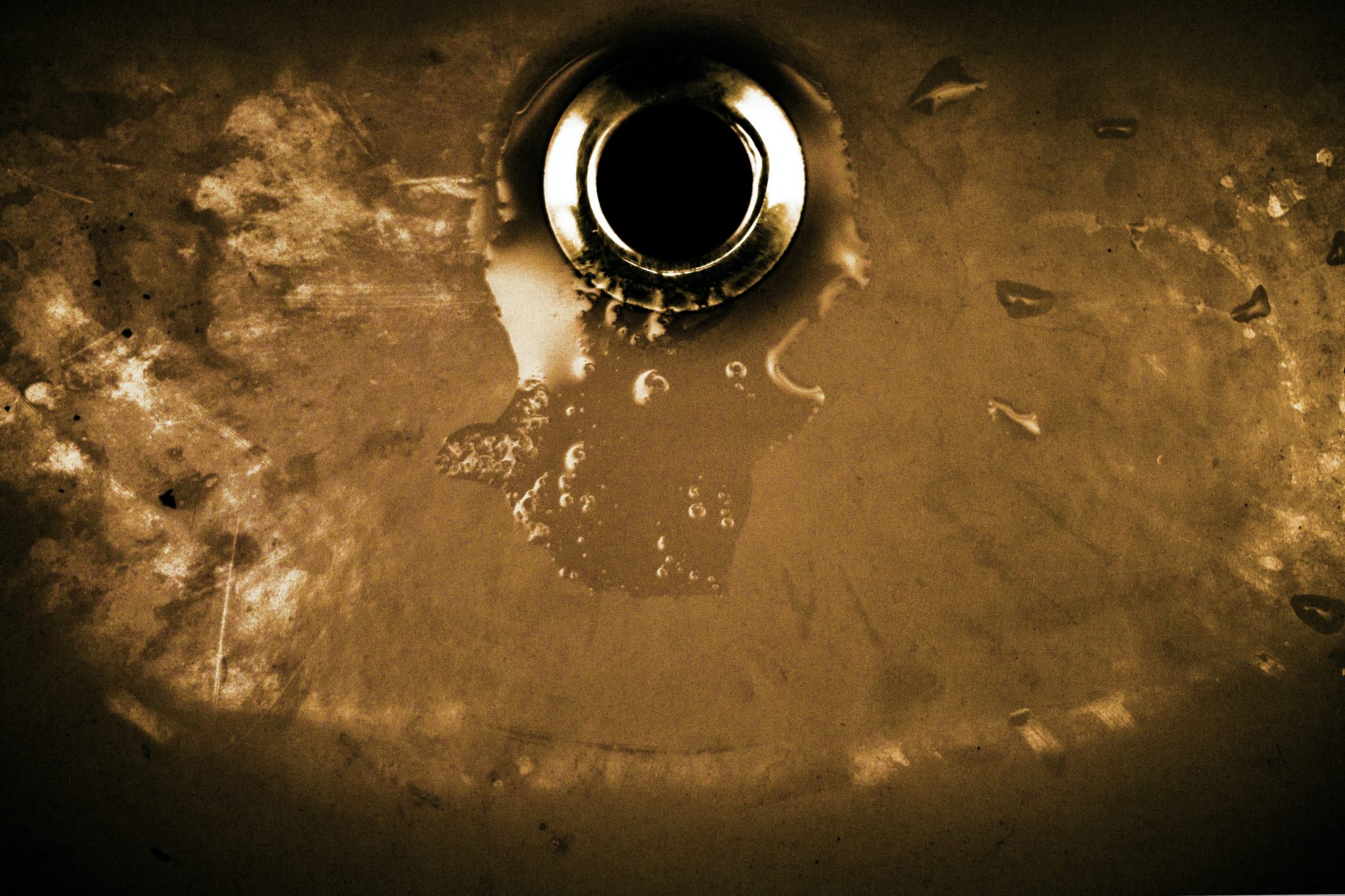
Identifying the Root Causes of Septic Tank Smells and How to Resolve Them
A foul odor emanating from your septic system can be a real nuisance, signaling a potential problem that needs your attention. Septic tank smells are usually caused by a buildup of gases released during the decomposition of waste. These gases can escape through vents, drain lines, or even cracks in the tank itself. Understanding the root causes of these smells will help you address the issue effectively. Let's delve into the common culprits behind those unpleasant odors and explore the solutions to eliminate them.
Common Causes of Septic Tank Smells
While a septic tank is a closed system, it's not airtight, and odors can seep out. Here are the primary reasons why you might be experiencing unpleasant smells:
1. Full Septic Tank:
A full septic tank is a primary culprit behind foul smells. As the tank fills, it starts to pressurize, forcing gases out of the system. This can be particularly noticeable if you haven't had your tank pumped recently.
2. Failing Drain Field:
A drain field, also called a leach field, is responsible for filtering the wastewater. If the drain field becomes clogged or damaged, it can prevent the wastewater from being absorbed into the soil. This leads to a backup in the system, which can create a strong odor.
3. Clogged Vents:
Septic systems often have vent pipes that release gases into the atmosphere. These vents can become clogged with debris, such as leaves or bird nests, which can trap gases and create a smell.
4. Broken or Leaky Pipes:
Cracks or breaks in your septic system's pipes can allow wastewater to leak out, leading to a foul odor. This can happen in the pipes connecting your house to the tank or even within the tank itself.
5. Excessive Use of Chemicals:
Harsh chemicals, like those found in some cleaning products, can disrupt the natural bacteria in your septic system that are responsible for breaking down waste. This imbalance can create a more unpleasant smell.
Resolving Septic Tank Smells: Effective Solutions
Once you've identified the root cause of the smell, you can take steps to resolve it. Here are some effective solutions:
1. Schedule Regular Pumping:
The most important step is to have your septic tank pumped regularly. How often you need pumping depends on the size of your tank and the number of people in your household. As a general guideline, get it pumped every 3-5 years.
2. Inspect and Maintain the Drain Field:
Regularly inspect your drain field for signs of damage or clogging. If you find issues, contact a qualified septic system professional for repairs. Avoid driving or parking vehicles on the drain field, and be cautious about planting trees or shrubs too close to it.
3. Clean the Vents:
Periodically check your septic vents and remove any debris that might be blocking them. If you're unsure how to do this, consult a professional.
4. Address Pipe Problems:
If you suspect a broken or leaky pipe, contact a qualified plumber for an inspection and repair.
5. Use Septic-Safe Products:
Use septic-safe cleaning products that are designed to be compatible with your system. Avoid pouring grease, oil, and other harmful substances down your drains.
Preventing Septic Tank Smells
In addition to resolving existing problems, there are proactive measures you can take to prevent septic tank smells in the future:
- Maintain a regular pumping schedule.
- Avoid flushing non-biodegradable items, such as wipes, paper towels, and feminine hygiene products.
- Limit the use of harsh chemicals in your household.
- Be mindful of water usage to prevent overloading your system.
- Regularly inspect your septic system for signs of problems.
A little preventative care goes a long way when it comes to keeping your septic system functioning properly and odor-free. If you suspect any issues with your septic system, consult a qualified professional for diagnosis and repair. Early intervention can prevent bigger problems down the line.
No comments:
Post a Comment
Note: Only a member of this blog may post a comment.